
Test your neurology knowledge with NeurologyLive®'s weekly quiz series, featuring questions on a variety of clinical and historical neurology topics. This week's topic is on progressive multiple sclerosis.

Test your neurology knowledge with NeurologyLive®'s weekly quiz series, featuring questions on a variety of clinical and historical neurology topics. This week's topic is on progressive multiple sclerosis.

This article reviews emerging MRI, OCT, CSF, and blood biomarkers, highlighting their potential roles in improving MS patient management and prognosis.

Mary Ann Picone, MD, FAAN, FACP, provides a summary of her time at the recently held 2024 CMSC Annual Meeting.

Take 5 minutes to catch up on NeurologyLive®'s highlights from the week ending July 19, 2024.

The therapeutic head for Clinical Development Neuroscience at Jazz Pharmaceuticals discussed how sodium oxybate has evolved over the years and the educational aspects of cardiovascular implications patients and clinicians should be aware of. [WATCH TIME: 3 minutes]

The investigational therapy, which targets neurodegeneration, has shown promise in phase 2 and 3 studies of Alzheimer disease and Parkinson disease, with additional studies on the way.

A recent study showed significant retinal damage in patients with double-antibody seronegative neuromyelitis optica spectrum disorders following optic neuritis.

Benjamin Greenberg, MD, a pediatric neurologist at the University of Texas Southwestern Medical Center, provided commentary on a recently initiated online program dedicated to empowering those affected by rare neuroimmune disorders.
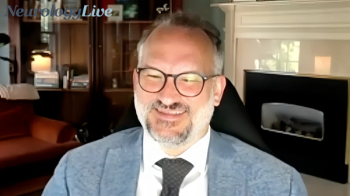
A duo of experts from Mayo Clinic discussed how recent developments in clinical criteria for diagnosing limbic-predominant amnestic neurodegenerative syndrome allow for more accurate differentiation from Alzheimer disease. [WATCH TIME: 9 minutes]
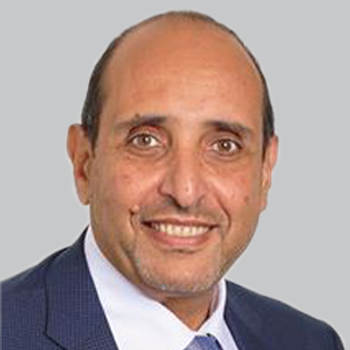
Lomecel-B is made from living cells called medicinal signaling cells that are isolated from fresh bone marrow tissue that has been donated by adult donors aged 18 to 45.

In new analyses of a pivotal phase 3 study, eplontersen resulted in beneficial effects on neuropathy impairment and quality of life in patients regardless of sex or change in body mass index.

LX2006 shows safety, tolerance, and significant improvements in cardiac biomarkers in FA cardiomyopathy, progressing to higher dose cohorts.
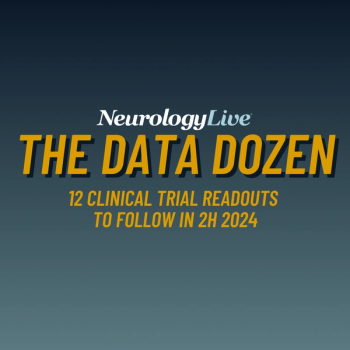
Take a look at some of the most-anticipated clinical trials with expected data readouts in the second half of 2024 that researchers and clinicians in neurology should keep an eye out on.

A recent study identified limitations in the Expanded Disability Status Score scale's ability to capture full disability spectrum in neuromyelitis optica spectrum disorder and myelin oligodendrocyte glycoprotein-antibody-associated disease.
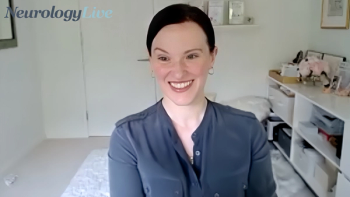
The director of the Weill Cornell Women’s Brain Initiative discussed emerging research that highlight the significant impact of sex hormones on women's brain health, and how it influences conditions like Alzheimer disease. [WATCH TIME: 8 minutes]

After 6 months of treatment, nearly half of the small-scale cohort demonstrated enhancements on the Unified MSA Rating Scale, an assessment of activities of daily living.
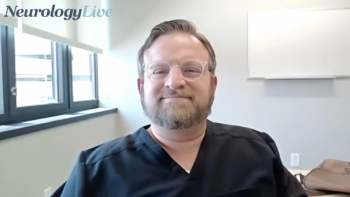
The neurosurgeon in the department of neurology at Allegheny Health Network talked about the increasing prevalence of chronic pain as the population ages and the treatment options available to patients to provide relief. [WATCH TIME: 5 minutes]

The neurologist and clerkship director at the University of Connecticut provided perspective on the developing role of clerkship directors and the value they provide to neurology departments.

A recent study revealed that pediatric patients with Duchenne and Becker muscular dystrophy have low rates of corticosteroid use.

The neurologist and director of movement disorder neurology at the Marcus Neuroscience Institute discussed how the Syn-One test utilizes alpha-synuclein and what this biomarker adds to the diagnosis of Parkinson disease. [WATCH TIME: 3 minutes]
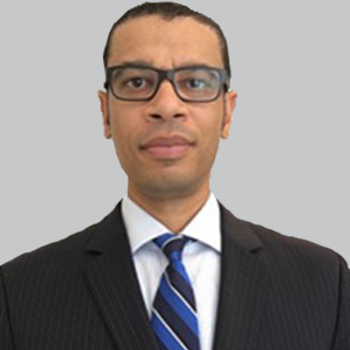
Additional interim clinical study results comprising 6- and 12-months of treatment data on multiple patients, is expected to be readout in the first quarter of 2025.
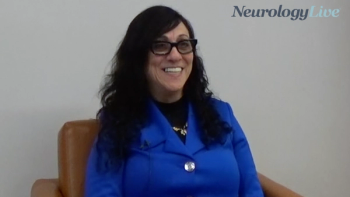
The assistant professor at Hunter College talked about how to effectively diagnose and treat multiple sclerosis through localization and active listening of the patient's history and symptoms. [WATCH TIME: 7 minutes]

David Cooper, MD, chief medical officer at AviadoBio, provided insight on a new study assessing AVB-101, an investigational gene therapy, as a potential treatment for patients with frontotemporal dementia.

Secondary symptoms of PD can be as debilitating as the primary motor symptoms, often leading to increased disability, reduced independence, and a higher burden on caregivers.

The significant association between heavy alcohol consumption and young-onset cryptogenic ischemic stroke remained after adjusting for demographics and for further vascular risk factors.
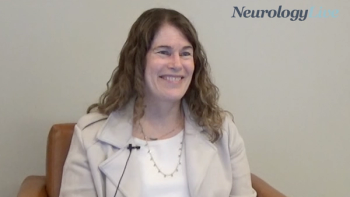
The associate vice president of research at National MS Society talked about proactive and early referral to rehabilitation services to effectively manage multiple sclerosis symptoms from the outset. [WATCH TIME: 4 minutes]
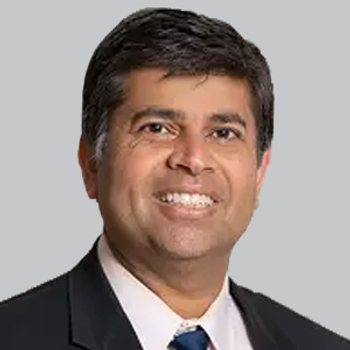
Brivaracetam was largely well tolerated and shown to be effective for a proportion of patients with intellectual disability, indicated by similar responses across different levels of intellectual disability severity.
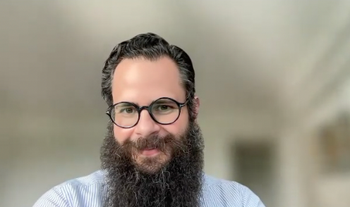
The neurologist and assistant professor at Boston University Medical Center provided forward thoughts on improving the diagnosis of milder, asymptomatic cases of cerebral amyloid angiopathy. [WATCH TIME: 4 minutes]

Here's some of what is coming soon to NeurologyLive® this week.

Intravenous methylprednisolone combined with plasma exchange/immunoadsorption achieved better and continuous improvement than IVMP alone